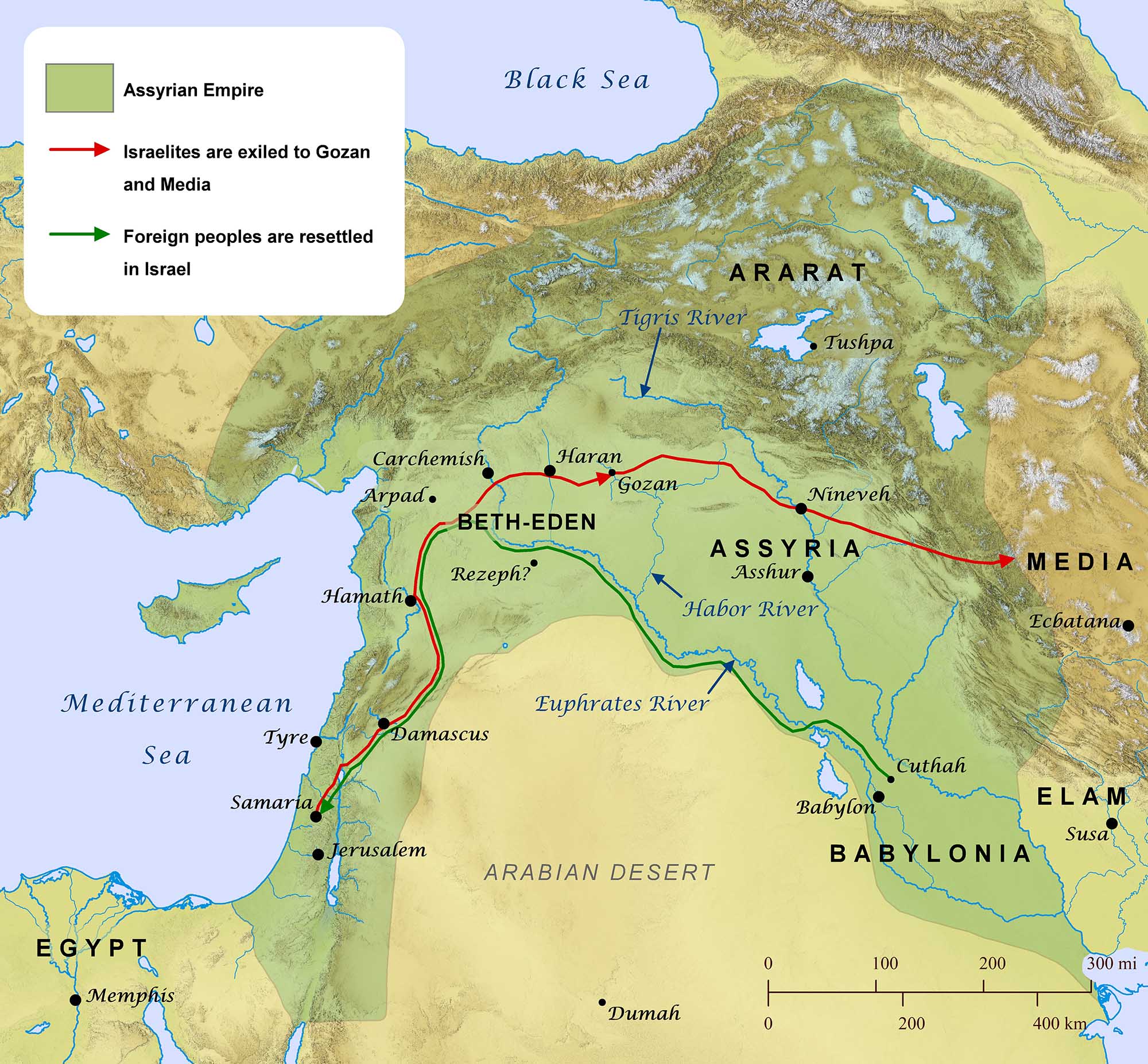The LORD anticipates a time when He will once again accept Israel as His people and have compassion on them.
Hosea 2:1 is transitional in that it is linked to the theme of restoration that began in the latter part of the previous chapter (Hosea 1:10-11) and to the command in the next verse, where the children are asked to contend with their mother (Hosea 2:2). Speaking to the nation Israel, the LORD incorporated the names of Hosea’s children in His prophecy and declared, Say to your brothers, Ammi, and to your sisters, Ruhamah.
The term Ammi means “my people” and the term Ruhamah means “compassion.” In essence, the verse states that in the future Lo-Ammi or “not my people” in 1:9 will be replaced by Ammi or “my people.” Also, Lo-ruhamah, meaning “not compassion” in 1:6 will be replaced by ruhamah, meaning that she has obtained compassion. Thus, just as Jezreel represents the nation (1:11), Ammi and Ruhamah here represent all the people of the restored Judah and Israel, now united together under one head, as they were in the time of King David. This fulfillment looks forward to a time when Jesus will return to earth and reunite Israel, and take the throne of His ancestor David (Acts 1:6; Zechariah 14:4,16; Revelation 19:11-16; 20:4-6).
In summary, Hosea 1:10-2:1 speaks of a time when God’s judgment on the nation Israel will be reversed. The Israelites who were once cast out from the LORD will be restored. Those who were once scattered will be sown in the land on the great day of Jezreel. At that time, the LORD will forgive the sins of the nation and accept the people as His own people. During this glorious time, the remnant of the restored covenant community of the future—those who will obtain the mercy of God—will greet one another with their new identity and rejoice in their acceptance by God. They will be urged to call their brothers, Ammi (“My people”), and their sisters, Ruhamah (“compassion”) because they will experience the love and compassion of the LORD.
Biblical Text
1 Say to your brothers, “Ammi,” and to your sisters, “Ruhamah.”
Check out our other commentaries:
-
Matthew 25:46 meaning
The Parable of the Sheep and the Goats: “The Closing Remark” Jesus concludes His teaching about the Judgments regarding the Sheep and the Goats with a...... -
Numbers 12:4-8 meaning
The LORD confronted Miriam and Aaron about their rebellious attitudes. He confirmed again that He had a special relationship with Moses, closer than He had...... -
Matthew 12:31-32 meaning
Jesus gives the Pharisees a very serious warning. Anyone who blasphemes the Holy Spirit shall not be forgiven....... -
Ecclesiastes 9:1-2 meaning
We all share a common destiny—death. All we do in life is in God's hands....... -
Daniel 2:46-49 meaning
Nebuchadnezzar professes God as the God of Gods and rewards Daniel and his friends for the interpretation of his dream.......



